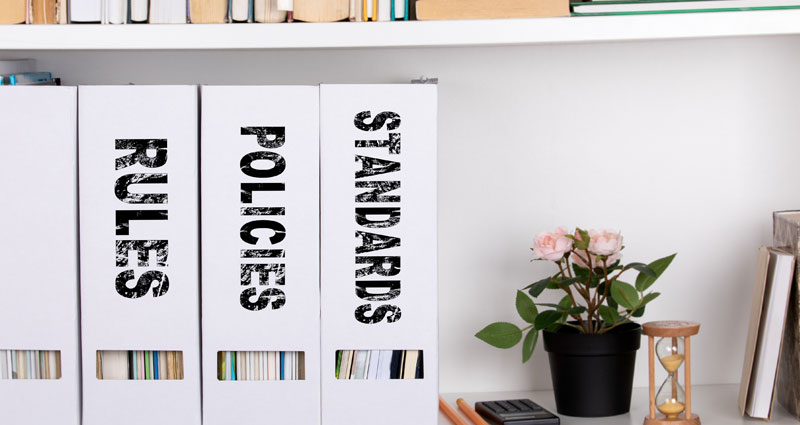
In today's fast-paced and competitive business landscape, organizations must strive for continuous improvement to stay ahead.
Progressive discipline is a tool for fostering growth and development in employees while maintaining accountability. By using progressive discipline, companies can create a workplace culture that embraces continuous improvement, increasing productivity, employee engagement, and overall success.
In this blog post, we will explore how progressive discipline can be harnessed to cultivate a culture of continuous improvement in the workplace.
What is progressive discipline?
Progressive discipline is penalties of increasing severity. How progressive discipline is applied depends on what is in the employee's contract or the organization’s workplace policies. Typically, it involves verbal warnings, written warnings, suspensions with or without pay, and termination. However, it is not a three-strikes-and-you’re-out system. Progressive discipline should be used based on the severity of the offense. Sometimes it makes sense to stay at one stage, other times the offense is severe enough that you can skip a stage.
Use the appropriate level of discipline for the situation
Using the appropriate discipline for a workplace situation is crucial, as overreacting or underreacting to an incident can be counterproductive and can potentially cause employment law issues in the future.
Effective progressive discipline means carefully assessing each situation to determine the appropriate discipline level based on the individual involved and the offense's severity.
Overreacting to minor incidents can create a hostile work environment, erode trust, and negatively impact employee morale. On the other hand, underreacting to serious violations can undermine organizational values, compromise safety, and set a precedent for future misconduct. For example, an employee being late for the first time should only face a verbal warning initially. A suspension for being late for the first time is extreme. However, if an employee with a clear disciplinary record was violent in the workplace, a suspension and possibly a termination is warranted.
Progressive discipline plans emphasize a learning from past mistakes
Progressive discipline should focus on constructive feedback, coaching, and providing resources for improvement. By shifting the narrative surrounding disciplinary actions, employees will perceive it as an avenue for personal and professional growth.
Despite the attempt to allow employees to grow, progressive discipline is still discipline. The use of increasing penalty sends the message that what the employee is doing is inappropriate and needs to change and that the employer is applying progressive discipline and the job is at risk of being lost. Though you can hope that the employee gets the message, some will not. Progressive discipline gives grounds for employers to terminate those who are not changing for the inappropriate behaviour.
Be clear when you are applying progressive discipline
When using progressive discipline, managers can help employees understand their mistakes and areas for improvement, enabling them to perform at their best. Offering constructive feedback creates a culture of transparency, accountability, and continuous improvement, ultimately boosting employee engagement and driving organizational success.
It is also important for employees to understand what they are doing wrong. If it is not clear to employees what they are doing wrong they are more likely to litigate their discipline, which can be costly for the employer.
Recognition of success
Recognizing your employees for their hard work and improvement helps emphasize the importance of continual growth. Though it is often not part of progressive discipline, take some time to acknowledge and celebrate when an employee improves after facing discipline.
Review and revise your HR’s progressive discipline policies
To ensure you apply progressive discipline policy in an effective manner, it’s essential to review and revise the policy from time to time.At Suzanne Desrosiers Professional Corporation, we can help you analyze your workplace to create a progressive discipline policy that works for you. We can help you adjust your policies and procedures, as necessary, to align with the evolving best practices and your organizational needs.
Continuous evaluation and improvement of progressive discipline policies will help maintain a workplace culture that embraces growth and development.
Suzanne Desrosiers Professional Corporation offers progressive discipline training
Our progressive discipline training goes into more depth on how and when to apply progressive discipline than what is written here. We explain how to access each level of the progressive discipline process in an appropriate way. You will see real cases that show how progressive discipline should be legally applied.
Our training will work with the unique parameters of your organization and educate your management staff on the best way to handle employee misconduct while still providing opportunities for growth. Our in-person training allows you to ask your questions about progressive discipline.
You can reach us at (705) 268-6492 or learning@sdlawtimmins.com for more information on the benefits of our training.
